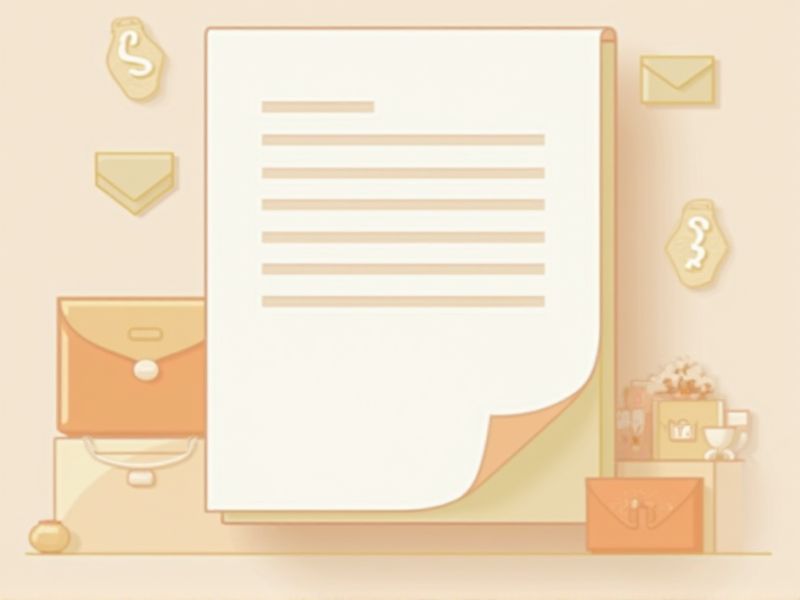
When seeking support for a cause or project, a well-crafted donation request letter is essential to effectively communicate your needs. A donation request letter should clearly explain the purpose of the fundraiser and the impact contributions will have. Being polite, sincere, and specific helps build trust and encourages potential donors to give generously. Including details about how donations will be used makes the appeal more transparent and trustworthy. For your convenience, explore various donation letter templates available in this article to find the perfect one for your cause.
Samples of letter for requesting donations
Letter Template To Request Donations For Charity
Sample Letter For Soliciting Donations From Businesses
Donation Request Letter Format For Nonprofit Organizations
Fundraising Letter Template For Community Projects
Personalized Letter Template For Individual Donation Requests
Letter Format For Asking For Donations To A Cause
Template For Donation Request Letters For Schools
Letter Example For Requesting Sponsorship Donations
Donation Request Letter For Event Fundraising
Letter Template For Crafting A Donation Campaign
Donation Request Letter For Religious Organizations
Letter For Asking For In-Kind Donations
Sample Letter Template For Annual Fundraising Appeals
Letter Format For Requesting Corporate Donations
Template For Donation Solicitation Letters To Supporters
Donation Request Letter For Health-Related Causes
Creative Letter Examples For Fundraising Donations
Letter To Request Donations For Disaster Relief Efforts
Template For Writing Thank You Letters For Donations
Letter Format For Community Donation Requests
Important Things to Know when Writing Letter For Requesting Donations
Clear Purpose And Cause
A letter template for requesting donations must clearly articulate the purpose and cause behind the request. This clarity not only captures the reader's attention but also fosters emotional connection and understanding of the mission. When detailing your cause, be specific about how the donations will be used and the impact they will have on the community or individual beneficiaries. By doing so, you ensure that potential donors can see the value of their contributions and feel motivated to support your initiative.
Specific Donation Request Amount Or Items
An effective letter template for requesting donations should clearly specify the amount of money or the specific items needed to make your cause more tangible. This precision helps potential donors understand what is required and how their contributions can directly impact your organization or project. Including a specific request not only demonstrates professionalism but also communicates a clear goal, encouraging recipients to give. By outlining the exact needs, you increase the likelihood of receiving the necessary support.
Personalization And Recipient'S Name
Personalization in a letter template for requesting donations significantly enhances its effectiveness. Incorporating the recipient's name creates an immediate sense of connection and shows that you value their identity and contributions. Tailoring the message to reflect their specific interests or past involvement with your cause can further engage them, making your appeal feel sincere and heartfelt. When potential donors feel recognized and appreciated, they are more inclined to respond positively to your request.
Benefits Or Impact Of The Donation
Highlighting the benefits or impact of the donation is crucial when crafting your letter template. Clearly specify how the contributions will be utilized, whether it's for community development, educational programs, or healthcare initiatives. You should convey the tangible outcomes expected from the donations, such as improving lives or enhancing local resources. This approach not only increases transparency but also fosters a connection between the donor and the cause, motivating them to contribute.
Contact Information And Follow-Up Instructions
When creating a letter template for requesting donations, including your contact information is crucial for transparency and ease of communication. This should encompass your name, organization, phone number, and email address, ensuring potential donors can reach you effortlessly. Follow-up instructions are equally essential; they guide donors on how to contribute or ask further questions. Providing a clear timeline for follow-ups helps maintain engagement and shows your appreciation for their consideration.
